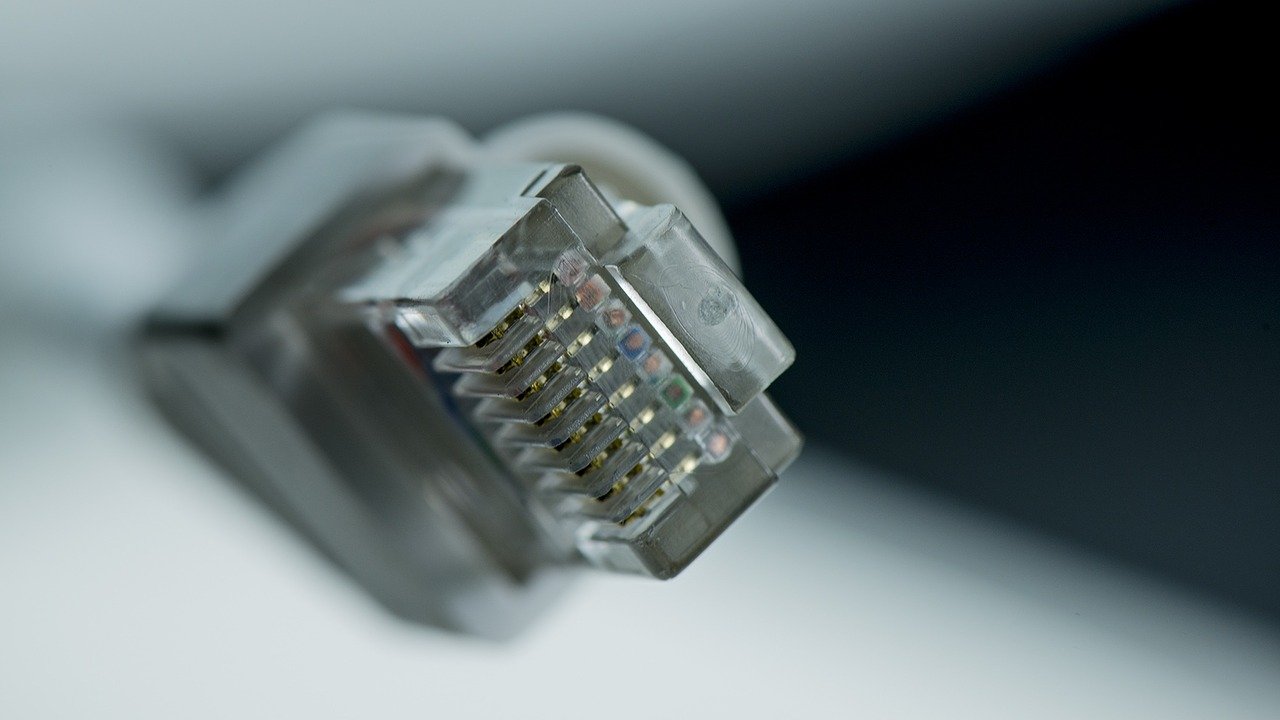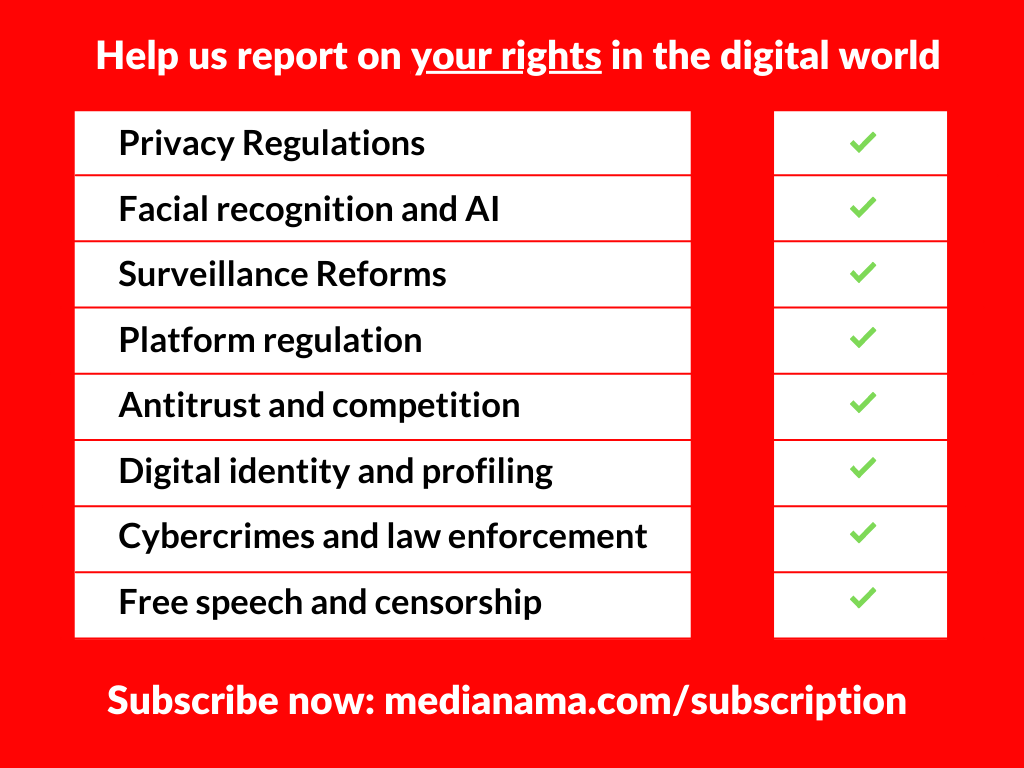The potential breakdown of law and order and threat to public safety were repeatedly cited as reasons for six different internet shutdowns in various districts that were ordered by the Meghalaya government, according to an RTI response received by law student Jade Jeremiah Lyngdoh.
The following text has been copied and pasted in all the internet shutdown orders that have been issued since the Supreme Court’s judgement in Anuradha Bhasin v Union of India, 2020:
“Whereas reports have been received from police headquarters Meghalaya, Shillong that law and order situation has arisen in East Khasi Hills District including incidents of vandalism and arson which have a potential to disturb peace and tranquility, and cause a threat to public safety. Whereas messaging systems like SMS and WhatsApp and social media platforms like Facebook, Twitter, and YouTube are likely to be used for transmission of information through pictures, videos, and texts and have the potential to cause serious breakdown of law and order.”
The judgement had asked that internet shutdown orders be passed keeping in mind proportionality, that they should serve a legitimate goal, and so on. Further, these orders should be released in the public domain and sent to a review committee to ascertain legality, as per the judgement.
In the case of Meghalaya, the state’s review committee found that the internet shutdown orders had sufficient reasoning and were in accordance with the law – revealed in minutes of the meetings.
Why this matters: In its judgement, the Supreme Court had held that access to the internet enjoyed constitutional protection as it was a medium to exercise the right to freedom of speech and expression as well as the right to practice a trade or profession. The economic cost that comes with internet shutdowns in India was estimated to be $582.2 million in 2021 alone. Thus, it is important to scrutinise how government authorities attempt to justify them.
Dear reader, we urgently need to build capacity to cover the fast-moving tech policy space. For that, our independent newsroom is counting on you. Subscribe to MediaNama today, and help us report on the policies that govern the internet.
Meghalaya’s internet shutdowns: The where, what, and when
It must be noted that:
- The orders were issued by C.V.D. Diegndoh, Home Secretary of the Police Department, Government of Meghalaya.
- The orders were marked to the offices of the Chief Secretary of the State, Additional Secretary of the Home Department, Director General of police, etc., and other officers of major TSPs.
- The orders also note that violations would be considered crimes under Section 188 (Disobeying an order by a public servant) and the Telegraph Act, 1885.
Here are details of internet shutdowns promulgated in Meghalaya over the past two years.
i) Internet shutdown on February 28, 2020
- Media restricted: The order stopped mobile internet services of all Telecom Service Providers (TSPs) and restricted SMS services to five SMSes per day.
- Time period: The shutdown was instituted for 48 hours, starting 10 pm on February 28
- Regions: Six districts were impacted by the internet shutdown namely, East Jaintia Hills, West Jaintia Hills, East Khasi Hills, Ri Bhoi, West Khasi Hills, and South West Khasi Hills
ii) Internet shutdown on February 29, 2020
This order was issued in continuance of the previous day’s internet shutdown order.
- Media restricted: Mobile internet and bulk SMS services of all TSPs were blocked
- Time period: The shutdown lasted for a further 48 hours, from 10 pm on March 1
- Regions: The same six districts were impacted.
Review committee: “The Police have provided sufficient material and inputs Justifying the suspension of Mobile Internet/Data Services in the interest of public safety and in accordance with section 5 of the Indian Telegraph Act, 1885,” the committee said after reviewing the February orders.
This text is included verbatim in the minutes of other review committee meetings as well.
The members of the committee are listed in the minutes as:
(a) M.S. Rao, IAS – Chief Secretary
(b) D.P. Wahlang, Principal Secretary, Education.
(c) S. Kharlyngdoh, Commissioner & Secretary, Law Department.
iii) Internet shutdown on March 3, 2020
- Media restricted: Mobile internet services of all TSPs were blocked
- Time period: The shutdown was instituted for 24 hours, starting at 10 pm on March 3
- Regions: Four districts were impacted by the shutdown, namely East Khasi Hills, Ri Bhoi, West Khasi Hills, and South West Khasi Hills
iv) Internet shutdown on March 4, 2020
This order was issued in continuance of the previous day’s internet shutdown order.
- Media restricted: Mobile internet services of all TSPs were blocked
- Time period: The shutdown was instituted for 12 hours, beginning 10pm on March 4
- Regions: Same four districts were impacted.
Review committee: The committee met on March 5 and found no issue with both the March orders. It echoed the same finding that the police had provided enough information and that the order was in accordance with section 5 of the Telegraph Act, 1885.
v) Internet shutdown on August 15, 2021
- Media restricted: Mobile internet services of all TSPs were blocked
- Time period: The shutdown was instituted for 48 hours, starting 6pm on August 15
- Regions: Four districts – East Khasi Hills, Ri Bhoi, West Khasi Hills, and South West Khasi Hills were affected.
vi) Internet shutdown on August 17, 2021
This order was issued in continuance of the previous day’s internet shutdown order.
- Media restricted: Mobile internet and Bulk SMS services of all Telecom Service Providers were prohibited
- Time period: The shutdown was instituted for 24 Hours, starting 6PM on 17th August
- Regions: Same four districts as those impacted on 15th August.
Review committee: The committee met on August 20 and reviewed both August orders. It found no issue with the orders and yet again, repeated the same bit about sufficient information and legality. However, this meeting was different in the sense that Dr. Shakil P. Ahammed, Principal Secretary, Water Resources Department, sat in for the Education Secretary.
How review committees operate needs to change
These disclosures expose a significant flaw in how review committees work, Lyngdoh told MediaNama.
“The flaw I’m referring to is that the suspension rules are silent on whether the review committee must keep on record the reports/inputs it receives during the course of its meetings to review whether an internet shutdown was issued under the grounds mentioned in the suspension rules and the ITA,” he said. These disclosures may aid future efforts to enhance transparency in the process through which authorities impose an internet shutdown, Lyngdoh added.
Incidentally, the state government’s RTI response only came after Lyngdoh filed two appeals and a subsequent show-cause notice was issued by the State Information Commission to the government.
Legal provisions related to internet shutdowns
According to the Temporary Suspension Rules, an internet shutdown order needs to be :
- Placed before a review committee by the next working day after the order’s passage
- The review committee for the state government has to have the Chief Secretary as its Chairman, and as members: Secretary Law or Legal Remembrancer In-Charge, Legal Affairs; Secretary to the State Government (other than the Home Secretary).
- Scrutinised by a review committee within 5 days of such an order being passed and they have to and record their findings on whether the directions issued under the rules are in accordance with the provisions of sub-section (2) of section 5 of the Telegraph Act (which allows for interception of communication in interest of public safety, sovereignty of state, etc.)
- Needs to be sent to the designated officers of the telecom authority or of the TSPs.
Revisit shutdown rules to minimise disruptions: IT Standing Committee
In December 2021, the Parliamentary Standing Committee on IT tabled its report on the impact of internet shutdowns in India and recommended that the Central government take the following steps:
Maintain a database: The Department of Telecommunications (DoT) and the Ministry of Home Affairs (MHA) should maintain a central database of all internet shutdown orders. This should contain additional information such as the number of times suspension has been imposed, reasons, duration, the decision of the competent authority, the decision of the Review Committees, and also whether any internet shutdown has been ordered by resorting to Section 144 of CrPC, etc.
Include civil society and others in review committee: Non-official members like retired judges, eminent citizens, heads of public organisations, TSPs as well as MLA or the local MP could be added to the review committee that is to convene, according to the telecom rules, five days after an internet shutdown is ordered. This was recommended after noting that the current structure of the review committee was “largely confined to the executive side of the Government” and that this would allow the committee to take a broader view.
Study the impact of internet shutdowns: A study on the impact of internet shutdowns, including economic impact and effectiveness in ensuring public safety, should be commissioned by the Government of India. The committee said this after noting that internet shutdowns severely impact the local economy, press, education, democratic rights, etc.
This post is released under a CC-BY-SA 4.0 license. Please feel free to republish on your site, with attribution and a link. Adaptation and rewriting, though allowed, should be true to the original.
Also Read:
- West Bengal issues an internet shutdown order which experts flag as deeply problematic
- Citing law and order situation, mobile internet ban extended for third day in Shillong
- Summary: IT Standing Committee report on impact of internet shutdowns in India
Have something to add? Subscribe to MediaNama here and post your comment.






























